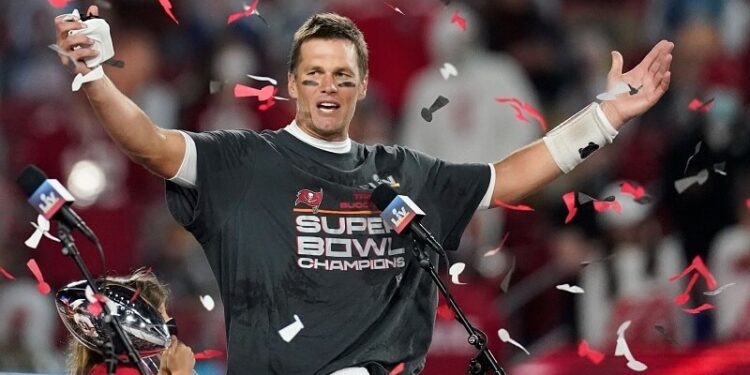Vijay Lokapally |
Sport is about celebration and reporting human endeavour and achievement, the failures and is appointments too, with absolute understanding. A reporter must bear in mind the hard work put in by sports persons. When judging his/her performance, the reporter must highlight the effort of the sport persons with objectivity paramount. Sometimes, even the best does not help. It is here that the reporter’s calibre and reading of the game comes into play.
The late R. Sriman, a much-respected writer, told me once that in cricket it is quite possible that we criticise a fielder for having dropped a skier but is also could be possible he may have had sun in his eyes. That observation would add to the copy and earn respect of the player, bit or small, that he is not pilloried for making an effort.
I remember having read an American Sports Editor’s book in which he tells a rookie reporter to go, watch a boxing match and write, cautioning him to remember “Do not get into the ring…”. The message was clear: Do not get involved; be a good observer without allowing your passion get the better of you. The challenges have grown for the current generation. The pressure of work, from gathering news and developing contacts, is far greater than what journalists of my generation had experienced. There were few papers and the focus was always on writing about the game. Off-field stories, not related to the game, did not appeal much. Times have changed now.
The number of newspapers, and subsequently the increasing size of the media contingent, keeps the youngsters on their toes. It is important for a reporter to understand the history and nuances of the game he wants to specialize in. You have to stay in touch with the game at the grass root level to know the modern trends. You also have to follow local events with the same intensity for that allows you to understand the subject from close quarters.
Quote-based journalism seems to be the order of the day. Nothing wrong with it but then it can tend to influence your own observations. It is always better to get your thoughts into form and then balance it with the other side’s perspective. In the long run, it helps one grow individually among a crowd. A reporter should also ensure he uses the quotes in right perspective without looking to give a twist to the tale. Similarly, press conferences and press notes are to be used for information sake but they cannot be a substitute to your own reading of the event or the subject.
Sports pages are the most appealing section of a newspaper; and challenging too. A sports reporter has to be groomed to observe and write. It brings out the best of his creative writing because he has to watch and write. And write in quick time to meet the deadline. Also, build his story on the foundation of facts. In my opinion, a sports reporter is more versatile than his colleagues from other departments. He covers a variety of events and the best part is he presents it the next morning in an enjoyable description for the layman and the connoisseur too.
A sports reporter must take pride in building his reputation with accurate description of the game. He/her must realize and accept that even the sports persons form a view of his/her writing over a period of time. Healthy criticism is always welcome. It also helps to interact with sports persons associated with the game. Technical knowledge of the game allows you to analyze better. We always benefited from interactive sessions with umpires and referees at the start of the season. It gave us a priceless insight on the changing trends of the sporting world.
I grew up reading stalwarts of sports journalism like R. Sriman, K. Jagannadha Rao, P.V.R. Menon, K.R. Wadhwaney, V. Srivatsa, Ramu Sharma, Raghunath Rau, to name a few. Later, it was my fortune to work alongside them and learn the finer points of the profession but the biggest influence happened to be K.P. Mohan when I joined The Hindu. Credibility defined his work and the reputation of The Hindu. The seniors always made us comfortable in the press box and their guidance was invaluable.
Sports journalism has come a long way from the descriptive narrative that marked the writing four decades ago. From sending dispatches through telegrams to dictating on telephone, we graduated to telex and then fax before internet made communication and life easier for the sports scribes. Some of my old friends and Press Club regulars like K.V. Prasad and V. Krishnaswamy would vouch for it. Courtesy: Scribe World, A Press Club of India Publication


